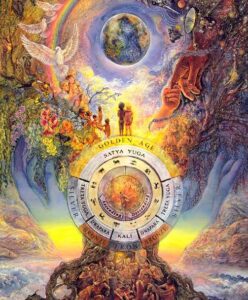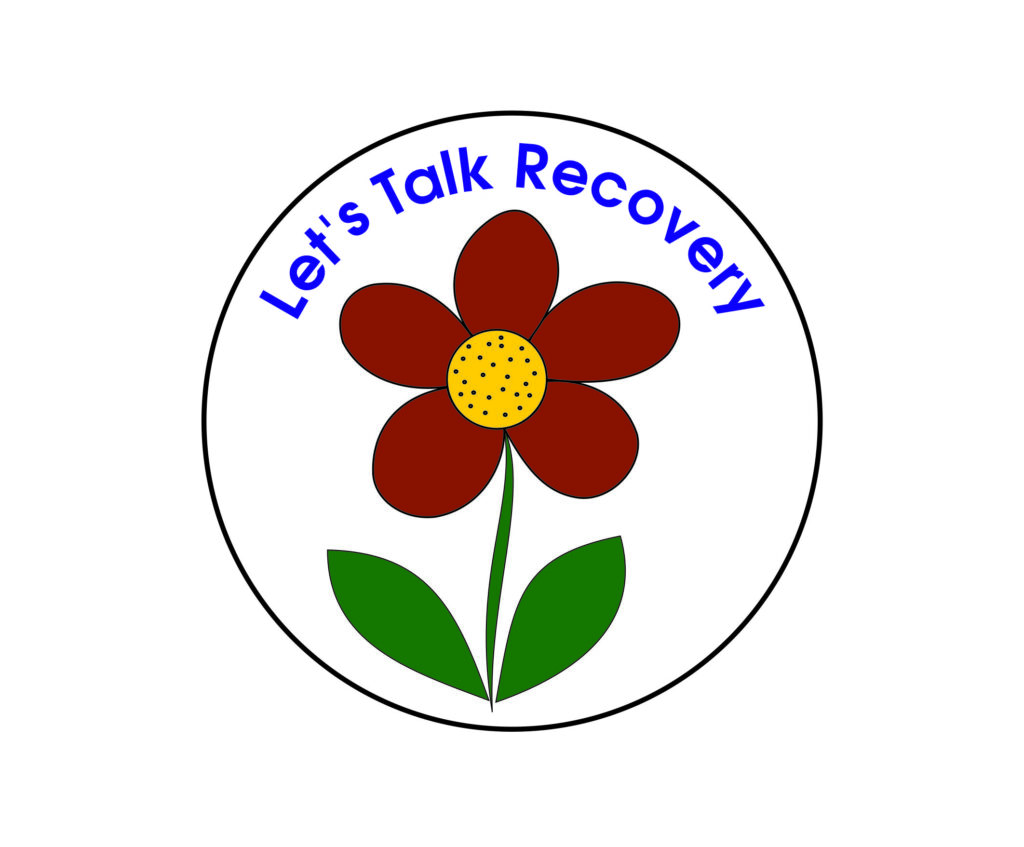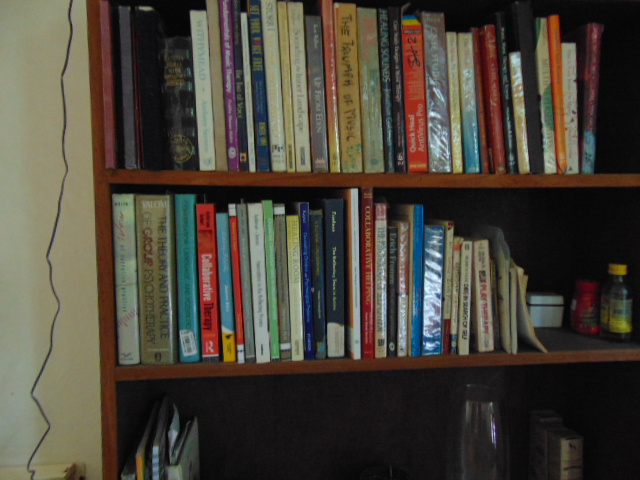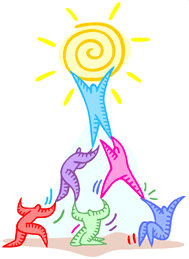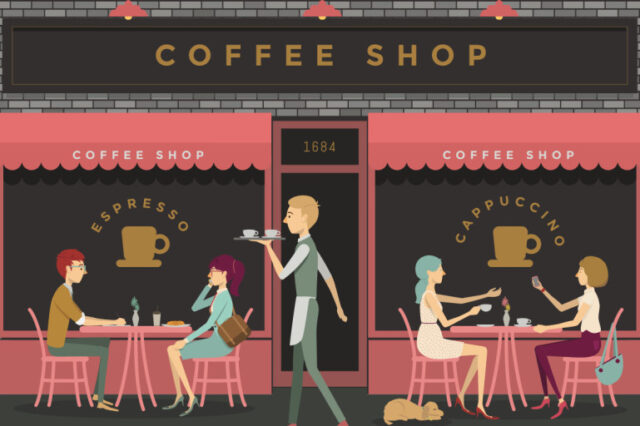Social Ethics, Etiquettes, Do’s and Don’ts
By Sunil Sarpal
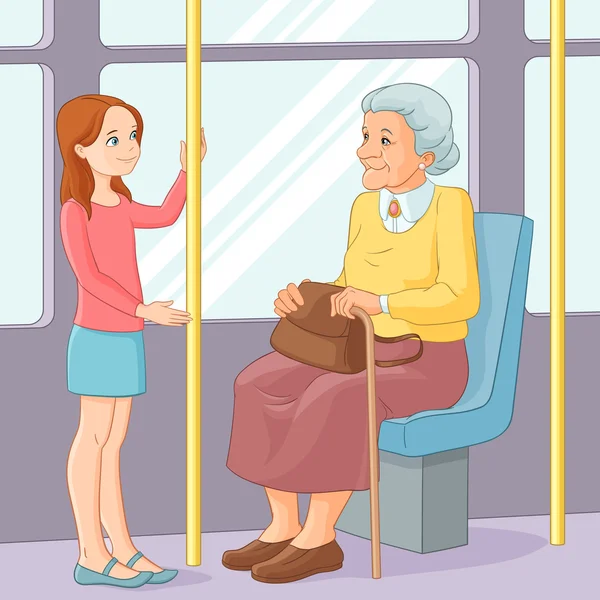
Àre we talking about etiquettes like what to wear, when and how to set the table? Eg. with cutlery, forks always go on the left. Knives on the right. Glassware is set above the knives. In dressing, put on high-end pieces such as blazers, jumpsuits, and quality shoes to look more elegant, mature, and refined. Adopt a smart, casual look to dress fashionably and stylishly? Answer is a big NO.
Actually, the following 21 etiquettes are based on ethics and human values. You are welcome to expand the list
1. Don’t call someone more than twice continuously. If they don’t pick up your call, presume they have something important to attend to;
2. Return money that you have borrowed even before the person that borrowed from you remembers or asks for it. It shows your integrity and character. Same goes with umbrellas, pens and lunch boxes.
3. Never order the expensive dish on the menu when someone is treating you to a lunch/dinner.
4. Don’t ask awkward questions like ‘Oh so you aren’t married yet?’ Or ‘Don’t you have kids?’ or ‘Why didn’t you buy a house?’ Or ‘why don’t you buy a car?’ For God’s sake it isn’t your problem;
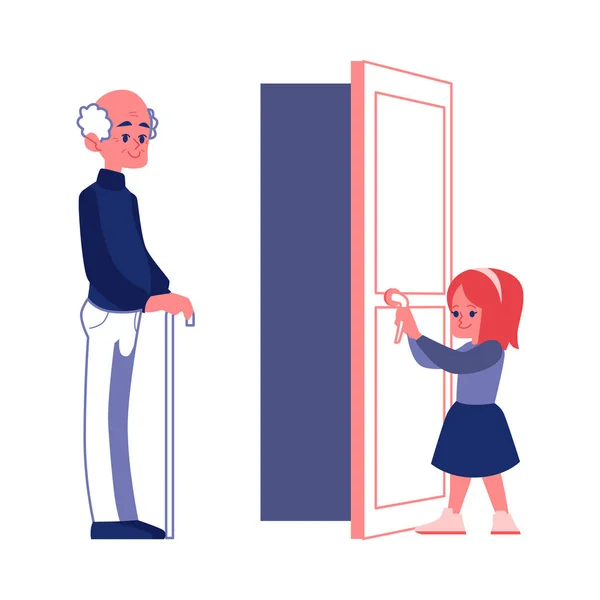
5. Always open the door for the person coming behind you. It doesn’t matter if it is a guy or a girl, senior or junior. You don’t grow small by treating someone well in public;
6. If you take a taxi with a friend and he/she pays now, try paying next time;
7. Respect different shades of opinions. Remember what’s 6 to you will appear 9 to someone facing you. Besides, second opinion is good for an alternative;
8. Never interrupt people talking. Allow them to pour it out. As they say, hear them all and filter them all;
9. If you tease someone, and they don’t seem to enjoy it, stop it and never do it again. It encourages one to do more and it shows how appreciative you’re;
10. Say “thank you” when someone is helping you.
11. Praise publicly. Criticize privately;
12. There’s almost never a reason to comment on someone’s weight. Just say, “You look fantastic.” If they want to talk about losing weight, they will;
13. When someone shows you a photo on their phone, don’t swipe left or right. You never know what’s next;
14. If a colleague tells you they have a doctors’ appointment, don’t ask what it’s for, just say “I hope you’re okay”. Don’t put them in the uncomfortable position of having to tell you their personal illness. If they want you to know, they’ll do so without your inquisitiveness;
15. Treat the cleaner with the same respect as the CEO. Nobody is impressed at how rude you can treat someone below you but people will notice if you treat them with respect;
16. If a person is speaking directly to you, staring at your phone is rude;
17. Never give advice until you’re asked;
18. When meeting someone after a long time, unless they want to talk about it, don’t ask them their age and salary;
19. Mind your business unless anything involves you directly – just stay out of it;
20. Remove your sunglasses if you are talking to anyone in the street. It is a sign of respect. Moreso, eye contact is as important as your speech; and
21. Never talk about your riches in the midst of the poor. Similarly, don’t talk about your children in the midst of the barren.
22. After reading you are welcome to suggest more points to ponder over in the comments box below the article on the website.
